
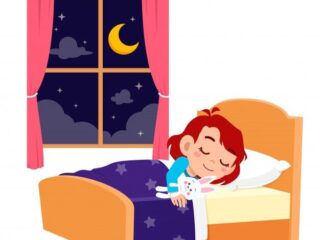
1.Introduction
2.Understanding Teeth Pain
3.Impact of Sleep Habits on Oral Health
4.Sleep Habits That Cause Teeth Pain
5.Preventive Measures
6.Seeking Professional Help
7.Conclusion
8.FAQs
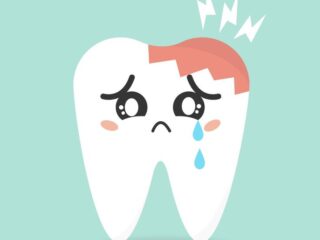
Have you ever woken up with a throbbing toothache and wondered what could be causing it?
Surprisingly, your sleep habits could be to blame.
In this blog, we’ll explore how your nightly routine might be contributing to teeth pain and what you can do about it.
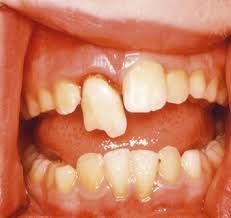
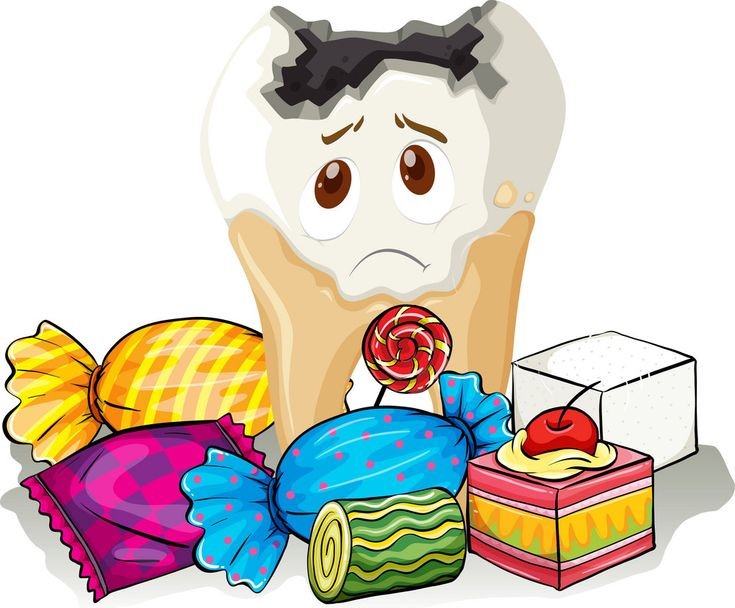
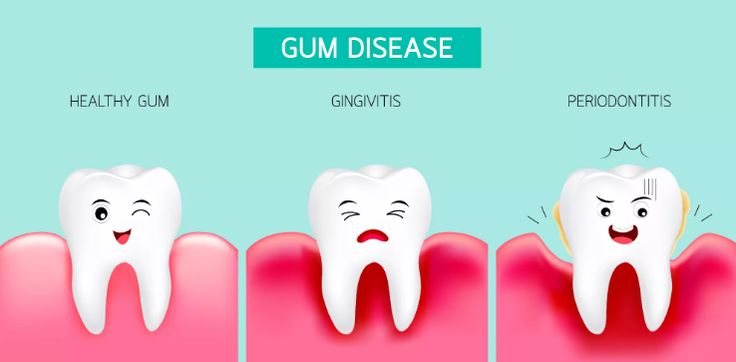
Teeth pain can manifest in various forms, from sharp, stabbing sensations to dull, persistent aches.
It can stem from issues such as tooth decay, gum disease, or dental trauma.
Identifying the underlying cause is crucial for effective treatment.

Sleep plays a vital role in overall health, including oral health.
Poor sleep habits can lead to a host of problems, including increased susceptibility to dental issues.
Understanding how sleep affects oral health is essential for maintaining a healthy smile.
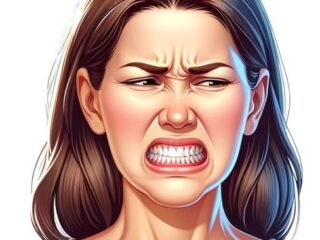
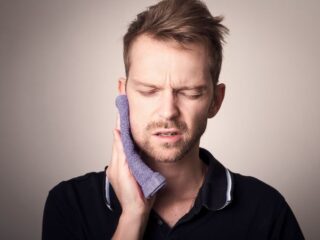
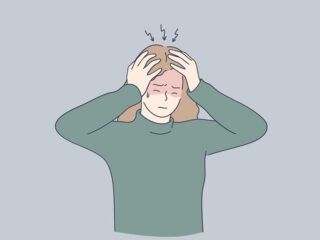
One common sleep-related issue that can contribute to teeth pain is bruxism, or teeth grinding and clenching.
This involuntary habit can put excessive pressure on the teeth, leading to wear and tear, jaw pain, and headaches.
Additionally, sleeping in certain positions, such as on your stomach with your face pressed against the pillow, can strain the jaw and exacerbate teeth pain.
Sleep apnea, a condition characterized by pauses in breathing during sleep, can also impact oral health by causing dry mouth and increasing the risk of gum disease.
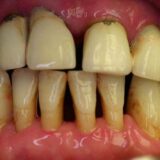
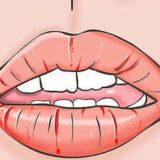
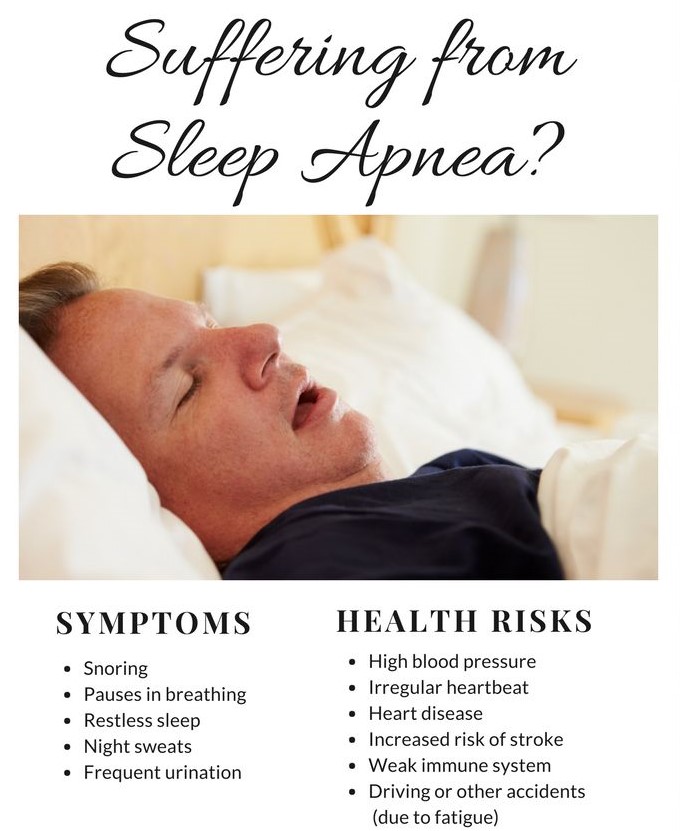

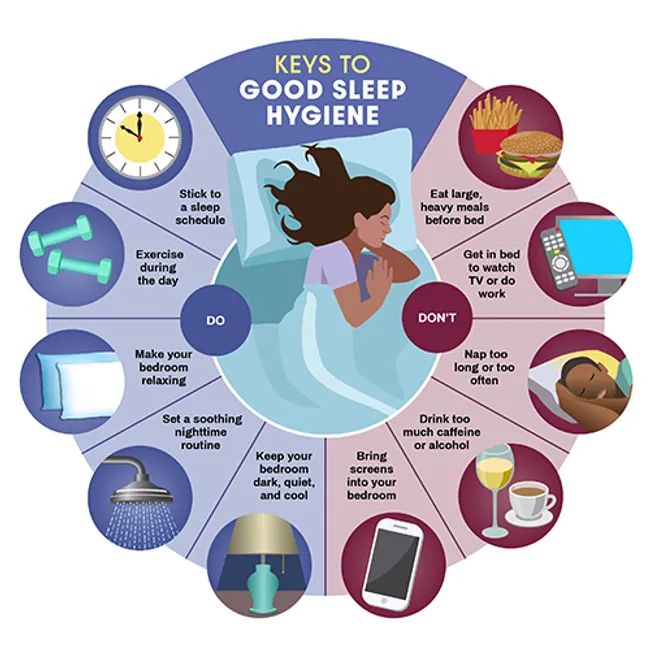
To reduce the risk of teeth pain caused by poor sleep habits, practicing good sleep hygiene is essential. This includes maintaining a consistent sleep schedule, creating a relaxing bedtime routine, and optimizing your sleep environment for comfort and relaxation.
Using a mouthguard at night can help protect your teeth from the damaging effects of bruxism.
Additionally, addressing underlying sleep disorders like sleep apnea with the help of a healthcare professional can improve both your sleep quality and your oral health.
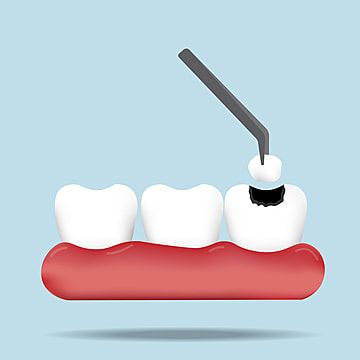
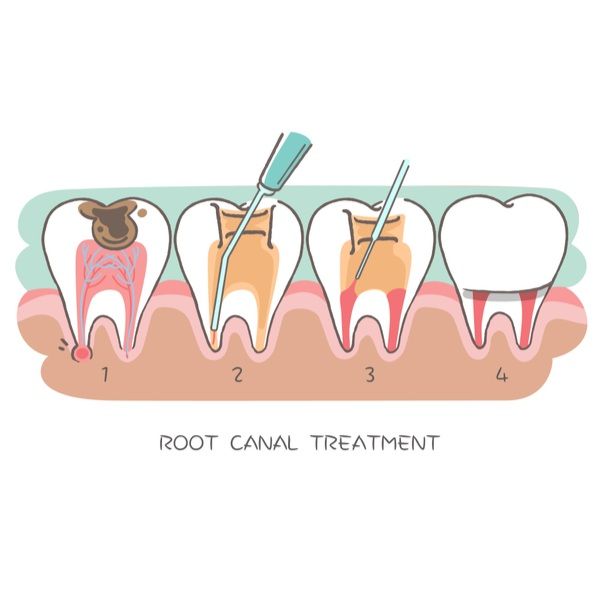
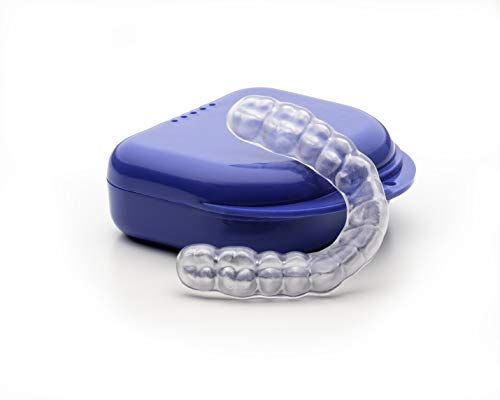
If you’re experiencing persistent teeth pain that interferes with your sleep or daily activities, it’s important to seek professional help.
A dentist can assess your oral health and recommend appropriate treatment options, such as dental fillings, root canals, or oral appliances for bruxism.
In some cases, a referral to a sleep specialist may be necessary to address underlying sleep disorders.
Your sleep habits can significantly impact your oral health, potentially leading to teeth pain and other dental issues.
By practicing good sleep hygiene, addressing sleep-related habits like bruxism, and seeking professional help when needed, you can minimize the risk of teeth pain and maintain a healthy smile for years to come.
Why does teeth pain worsen at night?
Teeth pain may worsen at night due to changes in blood flow and posture during sleep, which can exacerbate underlying dental issues.
Can stress contribute to teeth pain during sleep?
Yes, stress can contribute to teeth grinding and clenching, leading to teeth pain and other oral health problems
How can I improve my sleep habits to reduce teeth pain?
Establishing a consistent sleep schedule, creating a relaxing bedtime routine, and addressing stress and anxiety can help improve sleep quality and reduce teeth pain.
Is there a connection between sleep disorders and dental problems?
Yes, sleep disorders like sleep apnea can impact oral health by causing dry mouth, gum disease, and other dental issues.
What are some home remedies for teeth pain caused by sleep habits?
Home remedies for teeth pain may include using a warm compress to alleviate jaw discomfort, practicing relaxation techniques to reduce stress, and avoiding caffeine and alcohol before bedtime.
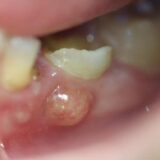

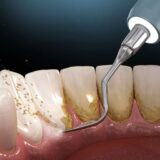
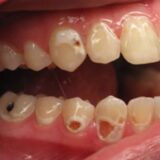
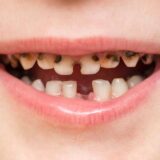
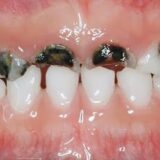
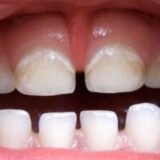
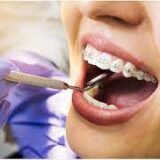
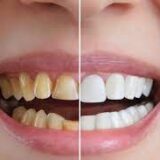

1.Introduction
2.Understanding Teeth Pain
3.Impact of Sleep Habits on Oral Health
4.Sleep Habits That Cause Teeth Pain
5.Preventive Measures
6.Seeking Professional Help
7.Conclusion
8.FAQs

Have you ever woken up with a throbbing toothache and wondered what could be causing it?
Surprisingly, your sleep habits could be to blame.
In this blog, we’ll explore how your nightly routine might be contributing to teeth pain and what you can do about it.



Teeth pain can manifest in various forms, from sharp, stabbing sensations to dull, persistent aches.
It can stem from issues such as tooth decay, gum disease, or dental trauma.
Identifying the underlying cause is crucial for effective treatment.

Sleep plays a vital role in overall health, including oral health.
Poor sleep habits can lead to a host of problems, including increased susceptibility to dental issues.
Understanding how sleep affects oral health is essential for maintaining a healthy smile.



One common sleep-related issue that can contribute to teeth pain is bruxism, or teeth grinding and clenching.
This involuntary habit can put excessive pressure on the teeth, leading to wear and tear, jaw pain, and headaches.
Additionally, sleeping in certain positions, such as on your stomach with your face pressed against the pillow, can strain the jaw and exacerbate teeth pain.
Sleep apnea, a condition characterized by pauses in breathing during sleep, can also impact oral health by causing dry mouth and increasing the risk of gum disease.





To reduce the risk of teeth pain caused by poor sleep habits, practicing good sleep hygiene is essential. This includes maintaining a consistent sleep schedule, creating a relaxing bedtime routine, and optimizing your sleep environment for comfort and relaxation.
Using a mouthguard at night can help protect your teeth from the damaging effects of bruxism.
Additionally, addressing underlying sleep disorders like sleep apnea with the help of a healthcare professional can improve both your sleep quality and your oral health.



If you’re experiencing persistent teeth pain that interferes with your sleep or daily activities, it’s important to seek professional help.
A dentist can assess your oral health and recommend appropriate treatment options, such as dental fillings, root canals, or oral appliances for bruxism.
In some cases, a referral to a sleep specialist may be necessary to address underlying sleep disorders.
Your sleep habits can significantly impact your oral health, potentially leading to teeth pain and other dental issues.
By practicing good sleep hygiene, addressing sleep-related habits like bruxism, and seeking professional help when needed, you can minimize the risk of teeth pain and maintain a healthy smile for years to come.
Why does teeth pain worsen at night?
Teeth pain may worsen at night due to changes in blood flow and posture during sleep, which can exacerbate underlying dental issues.
Can stress contribute to teeth pain during sleep?
Yes, stress can contribute to teeth grinding and clenching, leading to teeth pain and other oral health problems
How can I improve my sleep habits to reduce teeth pain?
Establishing a consistent sleep schedule, creating a relaxing bedtime routine, and addressing stress and anxiety can help improve sleep quality and reduce teeth pain.
Is there a connection between sleep disorders and dental problems?
Yes, sleep disorders like sleep apnea can impact oral health by causing dry mouth, gum disease, and other dental issues.
What are some home remedies for teeth pain caused by sleep habits?
Home remedies for teeth pain may include using a warm compress to alleviate jaw discomfort, practicing relaxation techniques to reduce stress, and avoiding caffeine and alcohol before bedtime.










